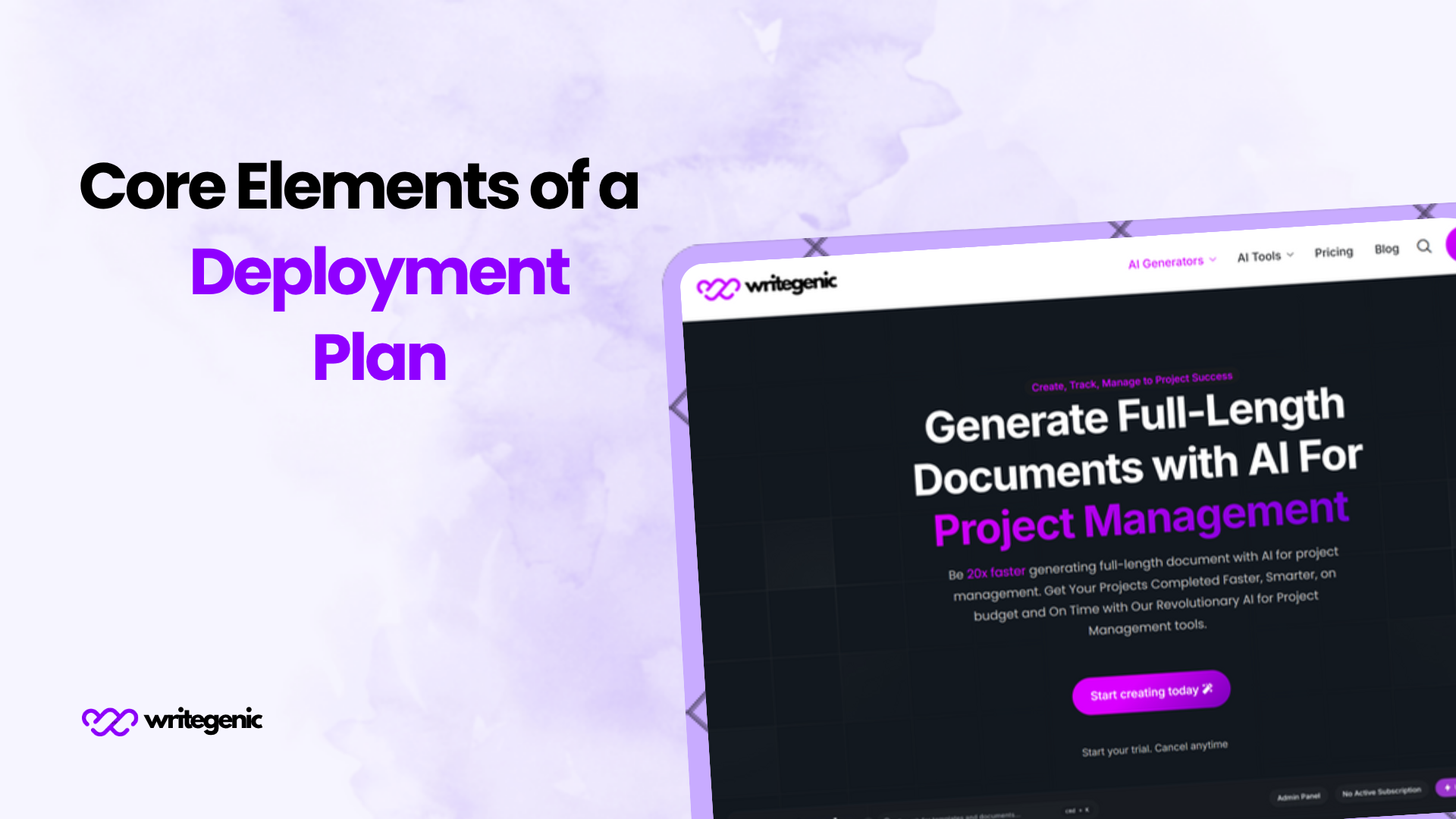
1 minute read
How does a Deployment Plan differ from an Implementation Plan?
What Is a Deployment Plan?
A Deployment Plan is a focused document that outlines the specific steps required to release, install, and activate a system, application, or product in the live or production environment. Its primary goal is to ensure a smooth, controlled, and error-free transition from development to operational use. It typically includes:
Deployment schedule and tasks
Roles and responsibilities
Communication protocols
Risk and rollback procedures
Deployment Plans are often short-term, task-oriented, and executed near the final stages of a project lifecycle.
🧩 What Is an Implementation Plan?
An Implementation Plan is much broader in scope. It covers the entire process of introducing a new system or solution—from strategic planning to final support. It encompasses:
Initial planning and preparation
Resource allocation
System configuration
Training and user adoption
Deployment (as one of its components)
Post-launch monitoring and support
Implementation Plans are long-term and include both the technical and organizational aspects required to ensure the new system is fully integrated into the business process.
⚖️ Key Difference
The main difference lies in scope:
A Deployment Plan is a subset of an Implementation Plan, focused only on the go-live process.
An Implementation Plan includes the entire journey from project initiation through post-deployment support.










